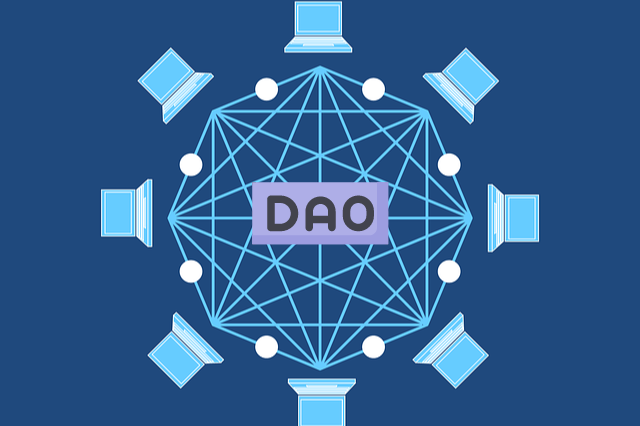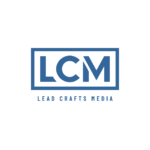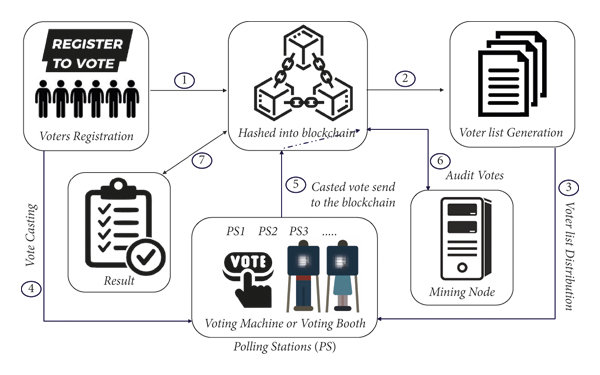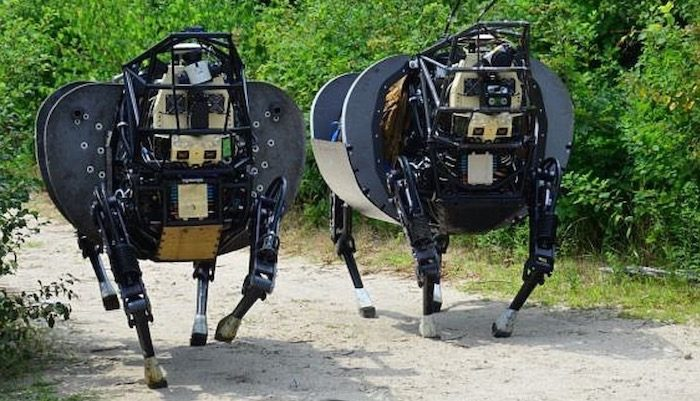Blockchain technology is fundamentally reshaping how organizations are structured and managed through the concept of Decentralized Autonomous Organizations (DAOs). DAOs are organizations that run on blockchain technology and are governed by code rather than traditional management structures. By eliminating the need for central authorities, DAOs rely on smart contracts to facilitate transparent decision-making, automate processes, and empower members with a direct say in governance.
In a DAO, decision-making power is distributed among members who hold tokens representing their voting power within the organization. These tokens allow members to vote on key decisions, such as changes to the organization’s goals, funding allocation, or project proposals. Voting is typically done on the blockchain, ensuring that all actions and decisions are transparent and immutable. This setup reduces the need for intermediaries, allowing members to participate directly and making the entire governance process transparent and secure.
Smart contracts are essential to the functionality of DAOs. They enable automated transactions and enforce rules that govern the organization without requiring human oversight. For example, a smart contract within a DAO can automatically release funds for a project if it has received the necessary votes, or it can reject any actions that do not align with the rules embedded in the code. This self-executing feature ensures that the organization operates smoothly without the need for manual intervention, creating a trustless environment where code manages critical functions.
DAOs also provide significant advantages in terms of global reach and inclusivity. Because they operate on blockchain, DAOs can include members from around the world, enabling people to participate in governance regardless of location. This global inclusivity fosters a broader range of perspectives and a more diverse set of skills within the organization. Additionally, DAOs eliminate traditional barriers to entry, allowing individuals to contribute based on their expertise or stake rather than hierarchical status, promoting a merit-based structure.
One area where DAOs have found early success is in funding and investment management. Through decentralized finance (DeFi) protocols, DAOs enable community-driven funding pools where members can contribute resources to invest in various projects. By pooling funds and voting on investment opportunities, members have a direct say in where resources are allocated. This democratic approach to funding and investment democratizes capital access, allowing even small investors to have a voice in major investment decisions and creating a more equitable financial system.
However, DAOs come with unique challenges, especially in terms of legal and regulatory compliance. Traditional laws are often not equipped to handle an organization governed by code, and DAOs often face ambiguity regarding legal accountability and jurisdiction. For example, if a DAO violates regulations or experiences financial losses, it may be unclear who is legally responsible, as decisions are made collectively by token holders. Regulators are beginning to address these issues, but the landscape remains complex as DAOs grow in scope and influence.
Security is another key concern for DAOs. Since DAOs rely on smart contracts to operate autonomously, vulnerabilities in the code can lead to significant financial and operational risks. High-profile cases have demonstrated that if smart contracts are not carefully coded and tested, they can be exploited by hackers. As a result, DAOs must prioritize security audits and continuous monitoring to ensure the safety and reliability of their operations.
Despite these challenges, the future of DAOs is promising, with a growing number of use cases in areas such as supply chain management, community-driven social platforms, and decentralized R&D initiatives. By enabling transparent governance, reducing reliance on central authorities, and fostering a collaborative decision-making environment, DAOs represent a transformative approach to organizational management. As blockchain technology continues to mature and legal frameworks evolve, DAOs could become a foundational element of decentralized governance, paving the way for more autonomous, inclusive, and efficient organizations across various sectors.




